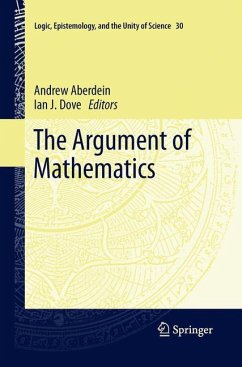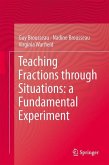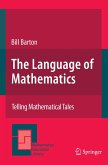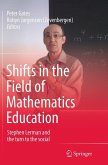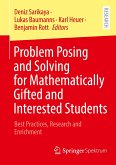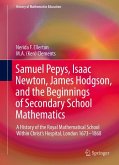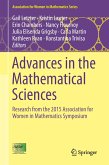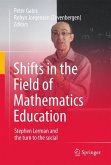Written by experts in the field, this volume presents a comprehensive investigation into the relationship between argumentation theory and the philosophy of mathematical practice. Argumentation theory studies reasoning and argument, and especially those aspects not addressed, or not addressed well, by formal deduction. The philosophy of mathematical practice diverges from mainstream philosophy of mathematics in the emphasis it places on what the majority of working mathematicians actually do, rather than on mathematical foundations.
The book begins by first challenging the assumption that there is no role for informal logic in mathematics. Next, it details the usefulness of argumentation theory in the understanding of mathematical practice, offering an impressively diverse set of examples, covering the history of mathematics, mathematics education and, perhaps surprisingly, formal proof verification. From there, the book demonstrates that mathematics also offers a valuable testbed for argumentation theory. Coverage concludes by defending attention to mathematical argumentation as the basis for new perspectives on the philosophy of mathematics.
The book begins by first challenging the assumption that there is no role for informal logic in mathematics. Next, it details the usefulness of argumentation theory in the understanding of mathematical practice, offering an impressively diverse set of examples, covering the history of mathematics, mathematics education and, perhaps surprisingly, formal proof verification. From there, the book demonstrates that mathematics also offers a valuable testbed for argumentation theory. Coverage concludes by defending attention to mathematical argumentation as the basis for new perspectives on the philosophy of mathematics.
From the reviews:
"The Argument of Mathematics is an interesting and important resource for philosophers of mathematics who have not much considered alternative kinds of evidence. The points considered by many of the authors and the argumentative structures highlighted in many of the chapters are worth further reflection in works in the epistemology of mathematics. These considerations will play an increasingly important role in future philosophy of mathematics. This welcome volume is a good place to start." (James Robert Brown and Kevin Kuhl, Notre Dame Philosophical Reviews, June, 2014)
"The Argument of Mathematics is an interesting and important resource for philosophers of mathematics who have not much considered alternative kinds of evidence. The points considered by many of the authors and the argumentative structures highlighted in many of the chapters are worth further reflection in works in the epistemology of mathematics. These considerations will play an increasingly important role in future philosophy of mathematics. This welcome volume is a good place to start." (James Robert Brown and Kevin Kuhl, Notre Dame Philosophical Reviews, June, 2014)

